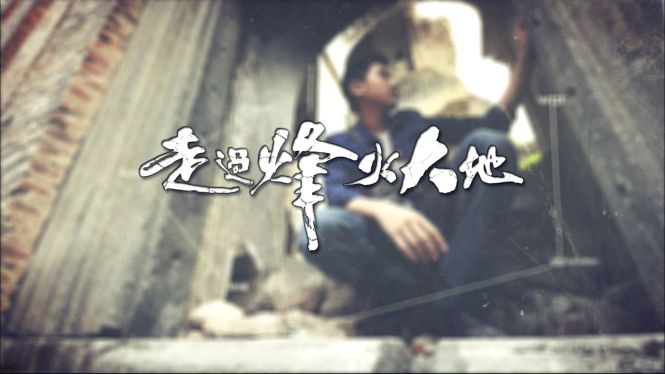By Morgan Lin
Every year, countless demonstrations are staged in Hong Kong: demonstration for the right of referendum or against plans for a national education curriculum, etc. This time, Hongkongers are demonstrating for a TV station and for the lost Hong Kong’s core values.

HONG KONG – Television is an indispensible ingredient of Hong Kong culture. For decades, TV has mirrored Hong Kong society in every aspect. It is also a window for people outside Hong Kong to get to know this city and its residents, which in the long term give outsiders a perspective of Hong Kong beyond its reputation as a financial center.
Nevertheless, Hongkongers have been plagued by a limited choice of TV programs for a long time.
Since the closure of Commercial Television Station in 1978, there just existed two free-to-air TV stations Television Broadcasts Ltd. (TVB) and Asia Television Ltd. (ATV), serving to seven million Hongkong audiences.
Gradually, TVB developed into one of the most influential and profitable Chinese TV organizations, monopolizing over 90 percent of the entire TV market, while ATV was spurned by many Hongkongers for its low quality programs and pro-communist policy.
In recent years, the quality of TV programs produced by TVB has also declined. People constantly complained about those TV series characterized by tedious dialogue, redundant plot and weird role relationship. And they cannot endure a cooking show teaching audience to add chicken sauce to all kinds of dishes any more.
In response to the public’s demand, Hong Kong Government decided to open the TV market in 1998. And in 2009, the government started to receive application for free-to-air TV license and said there would be no limitation to license numbers. Hong Kong Television Network (HKTV) was the first to submit application.
Since then, HKTV began to prepare on a large scale, poaching actors and producers from TVB and ATV with alluring salary, purchasing a lot of advanced production equipment and producing more than 200-hour original TV programs. In the eye of the public, HKTV is the most anticipated and ambitious of the three candidates.
The ambition of HKTV, however, was dashed on Oct. 16, 2013 when the government announced that HKTV was not qualified to obtain the license based on “a basket of factors” while declining explaining what the so-called “a basket of factors” actually are.
Suddenly, the public’s discontent, impatience, anger and sadness were ignited and evolved into massive support for HKTV both on and off line. A Facebook public page named “Support HKTV, and Urging Government to Grant a License to HKTV” received nearly 500,000 “likes” and organized a demonstration on Oct. 20.
Hundreds of thousands of people in black T-shirts voluntarily gethered in Causeway Bay around 3 p.m. and marched from East Point Road to central government offices in Admiralty, protesting against government’s decision and urging it to explain the reasons behind the decision.
Wong Ching-Kwong, 66, said,”There is not much choice of television and I prefer listening to radio,” which showed her disappointment toward Hong Kong’s TV industry.
For more people, what they dread is not only a threat to their choice of TV programs, but also a threat to the city’s core values.
“Surprisingly, this time, our government walked in a path opposite to Hong Kong’s core values, which include fairness in competitions, transparency of government policies and creativity. Only when these values are put into effect can our city keep its vitality. So we must defend and uphold these values,” said Li Kai-Yuen, a white collar in his 30s, whose words reflects a ubiquitous anxiety and resentment.
“Together to the ends of the earth
Joining hands to conquer challenges
Together we work hard
To create our everlasting legend”
—Gleaned from song “Under the Lion Rock”














